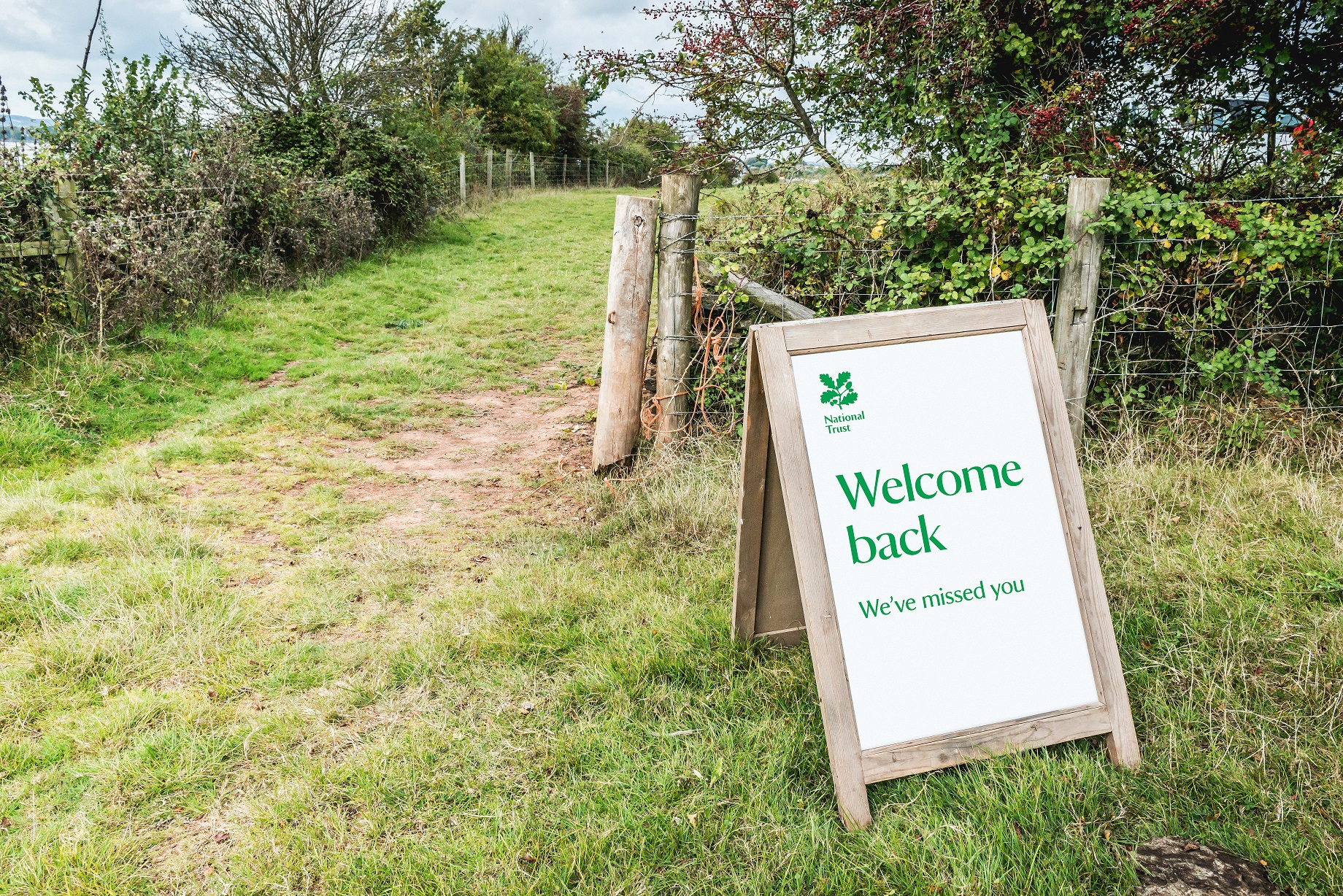When developing the Charity Governance Code, the steering group discussed the importance of trustees reflecting on their performance and the effectiveness of the charity’s governance arrangements in general.
Principle 5: board effectiveness, states as part of its recommended practice: “The board has, and regularly considers, the mix of skills, knowledge and experience it needs to govern, lead and deliver the charity’s purposes effectively. It reflects this mix in its trustee appointments, balancing the need for continuity with the need to refresh the board.”
For this to have any impact, individual trustees must be honest in the self-reflection of their performance and commitment. As human beings however, and for the best of intentions, we are not always that honest with ourselves. Unfortunately, this lack of self-awareness can have a real and adverse impact on those causes for which we claim to be working.
If you recognise any of the following, perhaps it’s time to change your approach or do the noble thing and move on?
• The too risky trustee: Consistently doesn’t give sufficient time to read and consider the board papers, skims proposals presented to the board and supports them without undertaking their own research and preparing questions for the board and senior managers.
• The risk adverse trustee: Over-cautious and incapable of taking an educated guess to invest in a proposal that could harvest real impact for beneficiaries, with identified and/or limited risk to resources.
• The truculent trustee: Speaks louder and longer than other trustees, believes their opinions and experiences trump that of fellow trustees’, is resistant to change and innovation, unless it was their idea.
• The detached trustee: The trustee no longer spends time, if they ever did, with the charity’s beneficiaries, volunteers or staff and as such has no real grasp of what is going on and the challenges facing the charity. Can support decisions that are no longer relevant to the charity and its strategic aims.
• The single-issue trustee: Only speaks at board meetings on a particular issue, usually a matter that was decided many meetings ago, but like a dog with a bone, they just can’t let go.
• The permanent fixture trustee: No-one can remember when they were appointed to the board, but they turn up and hark back to times when ‘we tried that before, and it didn’t work’. Past experience can be useful, but nostalgia shouldn’t overrule creativity if there’s a real chance of success.
• The hands-on trustee: Believes that only they can implement the decisions made by the board and deliver the impact desired by all stakeholders. Doesn’t trust the staff to deliver and as such interferes with the day-to-day operations of the organisation, much to the chagrin of staff and volunteers.
• The non-existent trustee: On paper this trustee is the complete package – has the skills, knowledge, and personality to make a real difference to the board. However, when they do turn up physically (rare), say little or add nothing valuable to the discussion.
• The bauble: They look lovely and can attract attention, but they demand lots of attention from the charity’s staff; you’re not sure who gets the most benefit from the relationship.
Of course, these are crass generalisations of the worst types of trustee behaviour, and it is easier to highlight negative, rather than positive role models in the governance arena. However, it is likely that you will recognise at least one or two of the behaviours in your boardroom, probably even in yourself. Now, isn’t that worth spending some time reflecting on?
Every trustee joins a board with the intention of playing a positive role in helping the charity achieve its aims. Most trustees want to continue bringing their best to the boardroom, but sometimes life gets in the way and we no longer strive for continuous improvement - in ourselves or our boards.
In which case, we owe it to ourselves, and more importantly to the charity’s beneficiaries, to be honest and ask if someone else would do a better job. If the answer is ‘yes’, then you know what you must do. Ultimately, you’ll get more respect for stepping aside than for outstaying your welcome.
Louise Thomson is the head of not-for-profit policy at ICSA, The Chartered Governance Institute
Latest News
-
More than 30 jobs at risk as hospice charity looks to close home care service
-
Christian charity’s failed bid to buy a new church breached fundraising code
-
More than 350km commuting ‘challenge’ leads to charity CEO’s departure
-
Career Path: From corporate leadership to community wellebeing
-
Mary Jane Roberts: What a board game reveals about the future of charities
-
Police confirm arrests amid abuse allegations at health charity’s hospital
Charity Times video Q&A: In conversation with Hilda Hayo, CEO of Dementia UK
Charity Times editor, Lauren Weymouth, is joined by Dementia UK CEO, Hilda Hayo to discuss why the charity receives such high workplace satisfaction results, what a positive working culture looks like and the importance of lived experience among staff. The pair talk about challenges facing the charity, the impact felt by the pandemic and how it's striving to overcome obstacles and continue to be a highly impactful organisation for anybody affected by dementia.
Charity Times Awards 2023
Mitigating risk and reducing claims

The cost-of-living crisis is impacting charities in a number of ways, including the risks they take. Endsleigh Insurance’s* senior risk management consultant Scott Crichton joins Charity Times to discuss the ramifications of prioritising certain types of risk over others, the financial implications risk can have if not managed properly, and tips for charities to help manage those risks.
* Coming soon… Howden, the new name for Endsleigh.
* Coming soon… Howden, the new name for Endsleigh.
Better Society

© 2021 Perspective Publishing Privacy & Cookies














Recent Stories